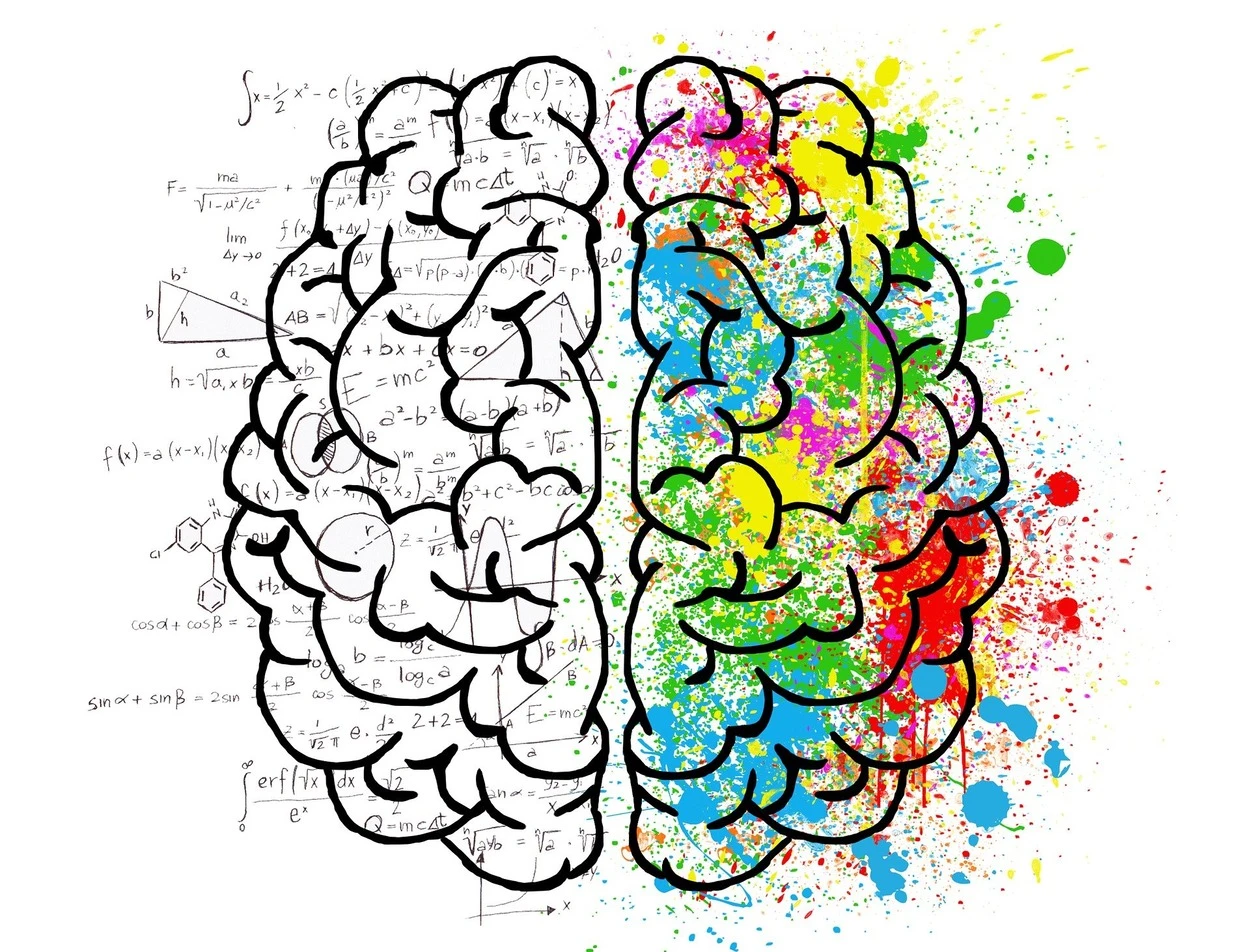It’s important to grasp literary devices and terms well when writing a paper or essay. They help writers create an emotional connection with their audience.
Literary devices can be used in everything from poetry to novels to songs and plays. These devices include metaphors, similes, alliteration, puns, onomatopoeia, hyperbole, personification, irony, oxymorons, humor, wit, and many more!
Humor is meant to amuse or entertain wit and is intended to be clever. Humor is just a joke or something that makes you laugh. Wit is when you say something funny, but there’s also something imaginative or creative about it.
Let’s discuss these literary terms in detail.
What Is Meant By Humor?
Humor is communication involving language or behavior to evoke laughter in others.
It may be intended or unintended. Humor is often used as a way to entertain, but it can also be used as a means of communicating ideas and values.

Humor has been shown to have many health benefits, including reducing stress, improving mood, and increasing social bonding.
Humor is one of the best ways to grab your audience’s attention because it makes them feel something and want to return for more. Humor helps you connect with your customers deeply by making them feel at ease and comfortable in their skin.
A good joke or witty comment can help you establish trust before discussing your product or service.
What Is Meant By Wit?
A wit is a form of intelligence. It can be used in various ways, including to make people laugh, but it’s not always funny—it can also be used for social commentary or to point out flaws in an argument.

Wit is usually characterized by the ability to create quick and unexpected connections between ideas, which makes wit-driven writing more memorable than other forms of writing.
Know The Difference
Wit and humor have a lot in common they’re funny, make people laugh, and often use puns or wordplay. But there are also some critical differences between wit and humor.
- Humor is when you make people laugh because something is funny to them. Wit is when you make people think something is funny because it’s clever or unexpected.
- Wit makes people think about what they’re hearing, whereas humor doesn’t require much thought from your audience.
- Wit uses words to surprise or challenge the listener, whereas humor appeals to our sense of silliness or absurdity.
- Humor is typically more broad and light-hearted, while wit tends to be more clever and intellectual.
- Wit also tends to focus more on making a point than telling a joke or making someone laugh.
- Wit often uses metaphors and wordplay, while humor relies on exaggeration and puns.
Let’s summarize these differences in a tabular form for easy understanding.
| Humor | Wit |
| Humor is meant to entertain or amuse. | Wit is meant to be clever. |
| It draws on our sense of absurdity or silliness. | It’s all about surprising or challenging the listener. |
| It uses puns and exaggeration. | It uses wordplay and metaphors. |
| It doesn’t have any hidden meaning. | It always has some underlying meaning. |
You can also understand these two terms through this video.
What Is An Example Of “Wit”?
An example of wit is when someone says something funny but also true.
For example, if you say that your friend is a “master at making friends,” that would be a witty play on words because it means they’re good at making friends, but also that they have mastered the art of making friends (meaning they’ve done it enough times that they are now experts).
What’s Another Word For “Wit?”
The word “wit” can be used to refer to “a quality that makes something funny or clever.” For example: “My mother has a great wit, always cracking jokes.”

A synonym for “wit” is “sarcasm,” which means: “a form of humor that uses irony, saying the opposite of what you mean.” For example: “The teacher was sarcastic when she told us that we had failed our exam.”
Where Is Wit Used?
Wit is used in all forms of writing, but it’s imperative in persuasive writing. When trying to convince someone of something, you want to use wit to make your argument more compelling, engaging, and enjoyable.
Using wit is a way to make a point without being too direct. It can be used in various settings, including at the workplace, at home, or on social media.
What Is A Lack Of Wit?
Lack of wit is a term that refers to the inability to make jokes or use irony. It’s often used negatively and can be seen in people who are un-self-aware, lack humor, and cannot understand social situations.
Is Wit Intelligence Or Wisdom?
A wit is a form of intelligence, while wisdom is the application of knowledge to solve problems.
Wit comes from the ability to think quickly and clearly in a given situation, while wisdom is the ability to gather, process, and use information to make decisions.
What Is The Soul Of A Wit?
The soul of wit is a universal truth expressed initially.
Wit is not just an ability to be funny—it is a way of seeing the world that allows you to notice connections between things others do not see. It is also a way of communicating those connections, so your audience can appreciate them.
Wit can be expressed in many forms: through wordplay, satire, parody, or any other kind of creative expression that meets the criteria above.
How Do You Develop A Good Wit?
Developing a good wit is a lot like developing any other skill. It takes time and practice, and you must be willing to fail to succeed. If you’re not ready to fail, then you’ll never get better at it.

An excellent way to start building your wit is by writing down funny things people say or do that make you laugh. That way, when someone says something funny, you can go back and read through the list of jokes you’ve made up so far. This will help keep your mind open for more inspiration when it comes time for you to make your jokes.
It would help if you also tried asking questions that are hard for people to answer quickly—for example, “Why did the chicken cross the road?” or “What’s worse than finding out that the person who gave you your last haircut was blind?”. This will help build mental agility, making it easier to think on your feet during conversations.
What Is An Example Of Humor?
Humor is a lot like a joke. It’s a way to make someone laugh and feel good.
It’s an experience created by the viewer, not the creator. So, for example, if you see someone telling a joke and you don’t think it’s funny, it doesn’t make you laugh. But if you see it and think it’s funny, it makes you laugh!
Final Thoughts
- English literature is quite entertaining and uses different literary devices to entertain its readers.
- These devices include metaphors, puns, similes, and many more.
- Humor and wit are also a part of these literary devices.
- Both are used to amuse the readers or listeners.
- Humor is used to make people laugh and has no hidden meaning.
- Wit is also funny, but it has some clever meaning to it.
- You can understand humor easily, whereas to understand wit, you require a little bit of intelligence.
Related Articles
- The Difference Between a Riesling, Pinot Gris, Pinot Grigio, And a Sauvignon Blanc (Described)
- What’s The Difference Between Marsala Wine And Madeira Wine? (Detailed Explanation)
- Difference Between Liquid Stevia and Powdered Stevia (Explained)
- What Is The Difference Between Endurance And Stamina? (Answered)

